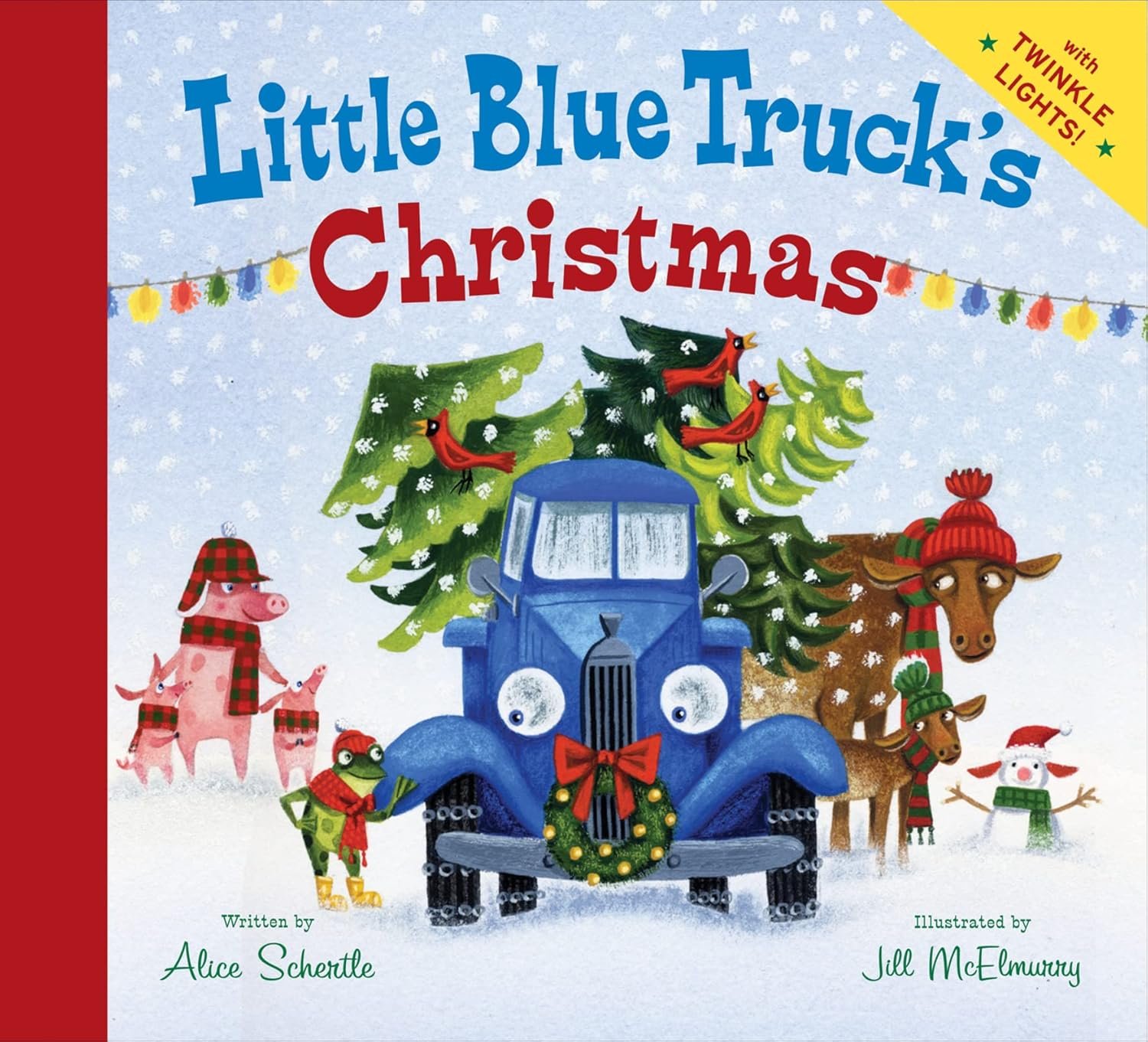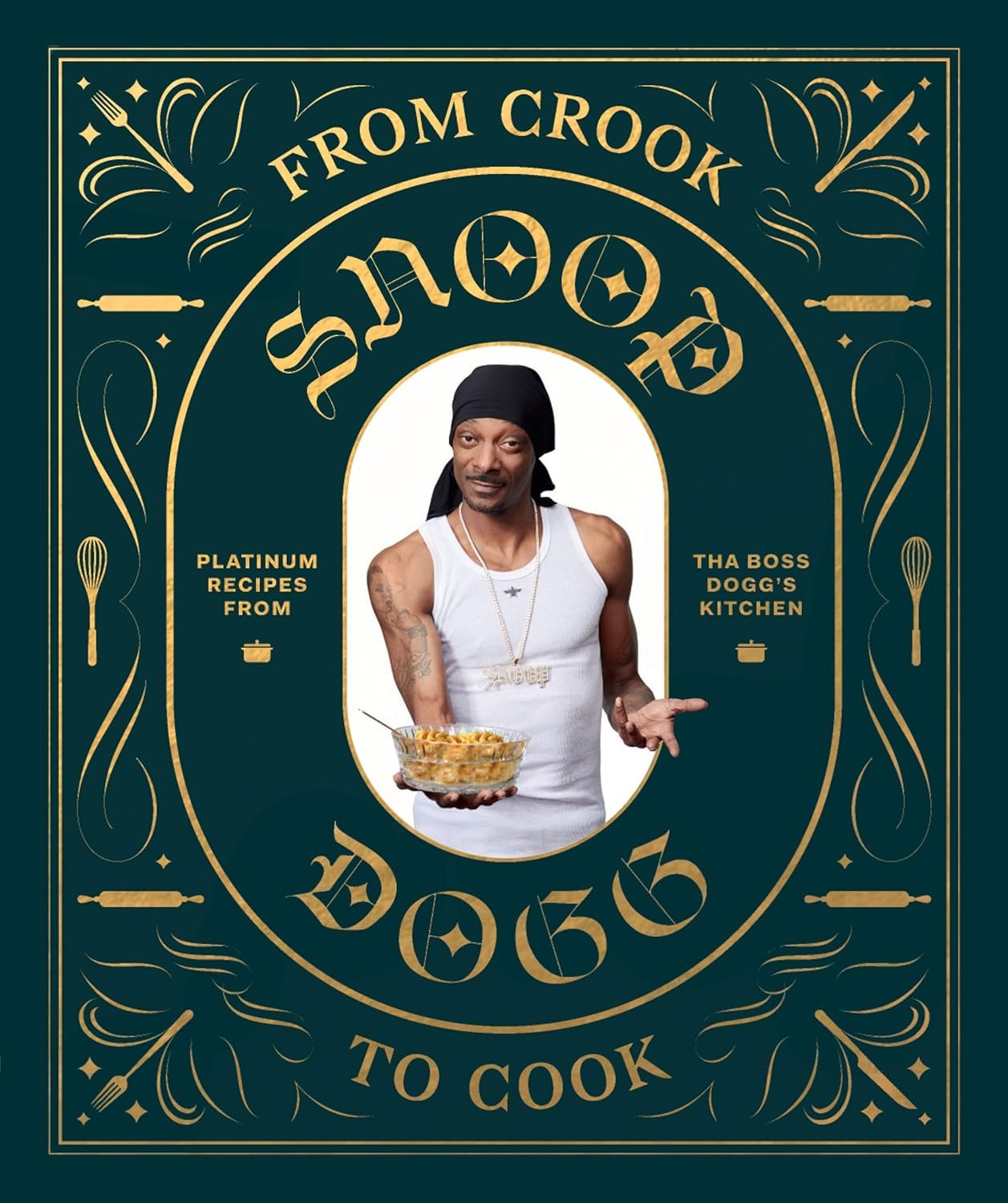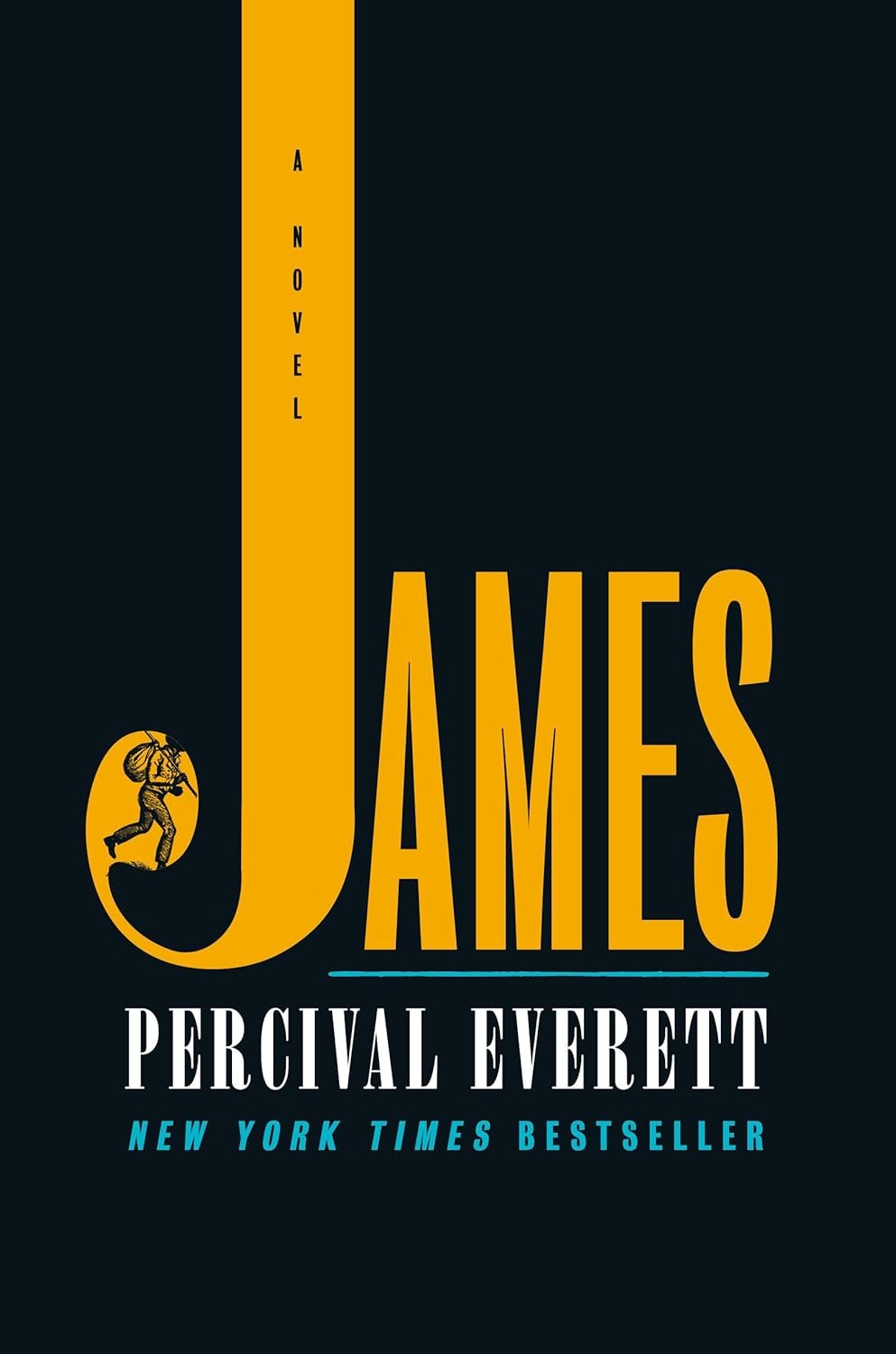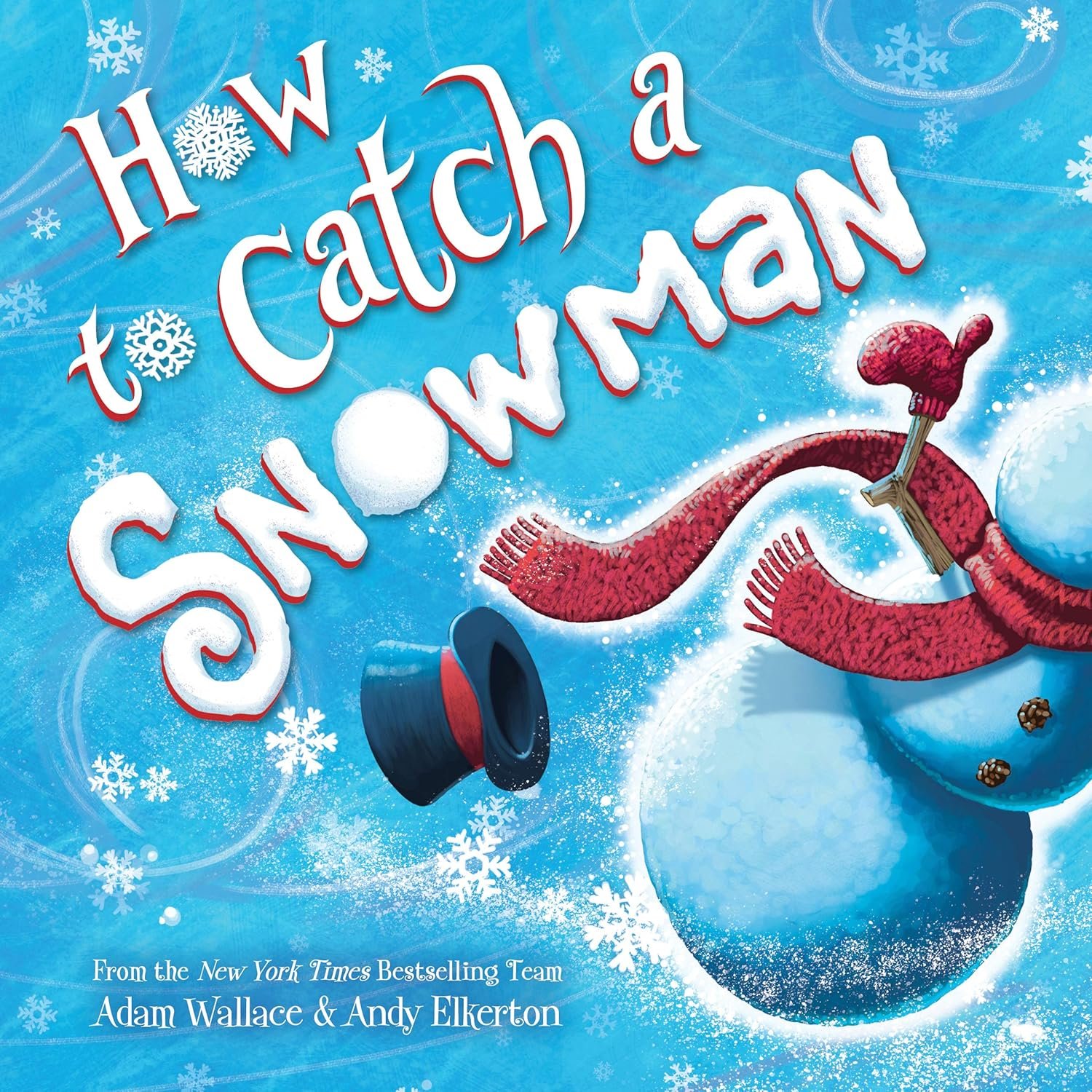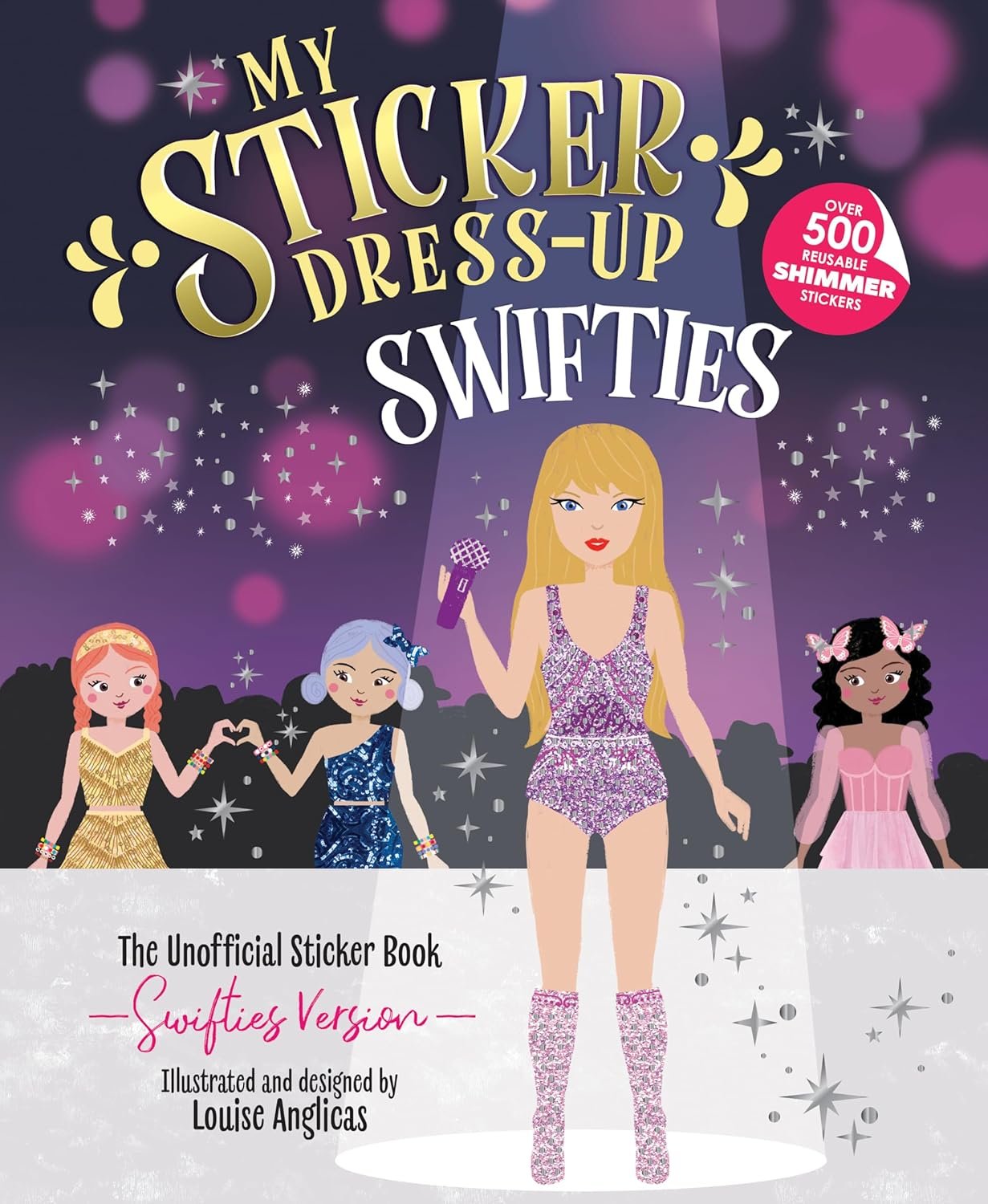HAPPY PLACE
AN HOUR OUTSIDE BOZEMAN, MONTANA
A SNOWY DRIVEWAY and a frigid rental car, struggling to keep purchase on the iced asphalt.
Wyn’s warm hand tight on mine. He lifts the backs of my fingers to his mouth, lets his breath warm them. “They’re going to love you.”
I wasn’t even this nervous before my MCAT. No moment in these first two years of medical school has induced this kind of anxiety. In school, I know what it takes to succeed, how to win approval. It’s something you can earn with work, but this is different.
They might not like me. I might not like them.
I might talk too much or not enough. I might keep them up with my middle-of-the-night trips to the bathroom, or put their dishes away in the wrong place, or get in their way in any of the millions of highly specific ways you can only learn to avoid with time.
The windows are lit yellow gold, and the snow looks purple in the dark. It’s so beautiful it makes me wish I were a painter or a photographer, someone whose lifework was capturing the ungraspable. Cleo would be able to bottle this moment if she were here.
Before Wyn’s even put the car in park, the front door flies open. His parents come running in flannel pajamas and untied bathrobes, the hems of
their pants stuffed into snow boots. Gloria is wordlessly whooping. Hank hugs me before we’re even introduced.
Wyn’s mother is taller than I’d expected, nearly as tall as Hank, with ice- blond hair and permanently rosy cheeks. Hank has thick sandy-brown waves heavily laced with gray, and a more deeply grooved version of Wyn’s face behind a pair of wire-rimmed glasses.
His sisters, tiny platinum Lou and even tinier dark-haired Michael, are already inside, sipping brandy in front of the fireplace, and after insisting on getting our bags himself, Hank ushers us inside, straight into a wall of noise.
Even in front of his family, Wyn keeps his hands on me—at my waist or the curve of my back or resting against the base of my neck, his thumb moving restlessly as he answers the dozens of questions thrown at us rapid fire.
The drive wasn’t too bad.
The flights from New York were long and cramped.
We aren’t hungry. (As Gloria asks this, she shoves plates of pumpkin pie toward us.)
We’ve been together (openly) for ten months now. “I’ve been in love with her since we met, though,” Wyn says.
“Of course you have,” Gloria says, squeezing my knee. “She’s sweet as pie!”
“You just think that because of the curly hair,” Wyn says. “She’s actually extremely feisty.” My face goes beet red, but everyone is laughing, talking over one another, and Wyn is kissing the side of my head again, squeezing me against him on the couch, and I feel like I’m finally there, that place I’ve always wanted to be, the other side of the lit kitchen windows I could see from my childhood street, where rooms are filled with love and noise and squabbling.
“He needs a stern hand,” Michael says.
“He’s not a workhorse,” Lou says with an eye roll.
“No, of course not,” Michael says. “Much more of a mule.”
Wyn pulls me across his lap, looping his arms around my waist. “How do you know Harriet isn’t even more stubborn than I am?”
“He’s right,” I tell them. “Between the two of us, I’m the mule.” “Well, if you’re the mule,” Michael says, “then Wyn’s the ass.” “If I’m going to be an ass,” he says, “I’m glad to be yours.”
When Hank comes back to the cramped little den with its raging fire, he says, “Put you in Wyn’s room, Har,” and I think, Har. I’ve been here ten minutes and I’m already “Har,” and there’s a sensation like an inflating balloon in my chest, a pleasant pain, like stretching a stiff muscle.
Wyn had warned me that his parents wouldn’t let us share a room, even though we live together back in the city. In some ways, they’re eccentric and freethinking, and in others, they’re surprisingly traditional.
Later, while his parents finish washing the dishes, Wyn takes me to his room to settle in. For hours he lets me go through his stuff, picking things up, asking questions, while he acts as the docent for this museum dedicated to my favorite subject.
I hold things up; he tells me about them. I’m gluttonous for all these bits of him.
Plastic MVP trophies from his soccer days; washed-out disposable- camera shots of him as a teenager, surrounded by girls with the sperm- shaped eyebrows and bleached-to-death hair of our youth. Pictures of him with friends at football games, their faces painted, and walking in summer parades, and even, in a couple of cases, at the rodeo.
Every time I point to someone, he tells me her name (most of his friends, it seems, were girls), how they met, where she is now. “You keep in touch with all these people?”
“It’s a small town,” he says. “We were all friends, and so were our parents. I hear stuff through the grapevine. Some of them try to sell me multi-level marketing smoothies on occasion.”
At my request, he shows me all the girls he’s kissed, and the ones who came for the summer and broke his heart before heading home.
I stop on a framed professional photo of him on his dresser and snort in delight. “You were prom king? And you never mentioned it?”
Wyn peers over my shoulder. In the photograph, he wears a black suit and crooked plastic crown, his arms wrapped around the waist of a pretty brunette in a silver minidress and matching tiara. The backdrop behind them reads BRIGHT LIGHTS, BIG CITY over a sparkling skyline that somehow contains both the Empire State Building and Seattle’s Space Needle.
Wyn groans. “I swear to you that’s not even normally in here. Pretty sure my mom put it out for the occasion.”
“Oh? She wanted to make me jealous of your teenage flame?” I tease.
He rubs his forehead. His cheeks go adorably pink. “She thinks she’s showing me off.”
“I can’t believe I’ve known you for like three and a half years and you never mentioned you were prom king.”
“Yes, my finest accomplishment.” He shakes his head. “So embarrassing.”
“What are you talking about?” I face him. “How is this embarrassing? When I was this age, I still had braces and a pixie cut that made me look like I’d been electrocuted. Meanwhile, you were crowned prom king while on a date with a teen model.”
I lift the picture, offering him cold, hard evidence.
He returns the frame to the dresser. “I wouldn’t expect you to know this as a former teen brainiac and current brilliant medical student, but prom king is the consolation prize they give guys they think have already peaked and probably will be staying in town to be a spokesman for the local car dealerships.”
“Hold on, let me write this down.” I start to turn. He pulls me back, winding his arms around my ribs.
“See, you don’t know this because everyone in your town expected big things of you,” he says, grinning.
“I didn’t know this,” I reply, “because I went to a four-thousand-student school where no one knew my name and because I’ve never followed car- dealership culture very closely.”
“Ah,” he says. “Your first mistake.”
“Wyndham Connor,” I say. “Don’t you think this whole theory of yours is a teensy bit . . . narcissistic?”
His smile splits open, and my heart follows suit. “Because I think car dealerships would use me as a spokesperson? They’ve done it with like eighty percent of the town’s prom kings.”
“Not that,” I say. “The idea that all your classmates voted you prom king . . . because they felt sorry for you.”
He shrugs.
I wrap my arms around his neck. “Yeah, that was probably it.” I kiss him and he pulls me closer, lifting me up and into him as if to absorb me. “Surely it had nothing to do with how hot and kind and funny you are. It was sheer pity.” I kiss him again, deeper.
“And that?” he asks.
“Extreme pity.” I grab his ass. “This too.”
“Wow. Being a washed-up former golden boy isn’t so bad after all.”
Someone knocks on the doorframe. I pull back, but Wyn’s arms stay around me as he angles his head toward the hall.
His parents stand at the door, smiling, Gloria’s head resting on Hank’s shoulder.
“We’re headed to bed, you two,” Hank says. “You need anything?” Gloria asks.
Wyn shakes his head. “Just saying good night.”
Gloria’s eyes shrink when she smiles, like Wyn’s. “Sleep tight.”
When they’re gone, Wyn walks me back against the dresser and we make out for a handful of minutes before he kisses the top of my head and leaves my room.
For the next four days in Montana, we barely do anything. We go cross- country skiing once, eat twice at an all-day pancake house that Wyn’s parents describe as “a haunt for old silver tails like us,” and take nightly walks with the whole family through the snow. We bundle up like astronauts, and Hank insists we wear headband lamps so we don’t “get hit by cars or attacked by wild animals” in the solid black of a Montana night.
Mostly, though, we lounge around the fireplace, an endless supply of food and drink cycling through the room. In the mornings, Hank makes each of us individual pour-over coffees, a process that takes so long that by the time he finishes the last one, we’re all ready for our second cups, and he lunges to his feet, without anyone asking, to start all over again.
“Dad, we’re fine with the Keurig,” Wyn tries to reason.
His dad wrinkles his nose and shuffles in his flannel slippers toward the kitchen. “That stuff’s for emergencies, not for guests.”
Most meals are casseroles. Hank doesn’t have the same affinity for food that he has for drinks, and Gloria’s cooking leaves me feeling like a walking balloon after every meal.
After dinner our second night in town, Lou and Michael lie on their backs on the rug, groaning and massaging their tummies.
“Mom, you and Dad need to consider eating, like, even a single vegetable per week,” Lou says.
To which Gloria replies, “Potatoes are a vegetable.” “No,” Michael, Lou, and Wyn all say in unison.
Vegetables or not, the potatoes at least are helpful for soaking up the bourbons and scotches Hank lines up at their old wooden dining table for us to sample every night.
“Dad’s the Beverage King,” Michael says to me.
“I see why you gravitated toward Parth when you got to Mattingly,” I tell Wyn.
“That’s not why I gravitated toward Parth.” Wyn hauls me against him as he nestles back into the squashy couch. “I gravitated toward Parth because he had the prettiest friends.”
Lou snorts from where she lies on the rug in front of the hearth. “Thank you, Harriet, for saving him from himself.”
“I think you have too high an opinion of me,” I tell her. “I also befriended Parth for his hot friends.”
Wyn kisses the top of my head. Michael and Lou exchange a look I can’t read.
Maybe they’ve seen this before, I think. Maybe he’s always like this with his girlfriends.
But I don’t really believe it. I am in that phase of love where you’re sure no two people have ever felt this way before.
And over those four days, I fall in love again. With Wyn’s family, with all the new pieces of him.
I want to stay up late, digging through his old closet, where his mom stored his homemade stormtrooper costume. I want to sit for five hours in the woodshop, sawdust drifting in the air, while he recounts the fights he got into with Lou’s middle school bullies. I want to know where every single little white scar and divot carved into his permanently sunned skin came from.
The one from when he braked too hard on his bike and went skidding down the road. The white specks on his elbow from the agitated horse that threw him on his grandfather’s now-defunct ranch. The thin line where he split his lip on the corner of the fireplace as a toddler.
I want to stockpile these pieces of him: the quilt his grandmother made him before he was born, his embarrassing preteen journals, his horrifying childhood drawings, the dent in his mom’s truck from when he hit a patch of ice and slid into a split rail at sixteen.
He takes me to see it, the stretch where the beams are less dingy, having been replaced after his accident. He and Hank had done it themselves without being asked.
Wyn ran wild here, and this place carved him into the man I love.
With my hand on the wooden post he’d worked into the ground all those years ago, I ask, “Why’d you leave?”
“It’s hard to explain,” he says, grimacing.
“Can you try?” I ask. “You seem so happy here.”
He lets out a breath and searches the horizon for an answer. “They had money from selling my dad’s family’s land. And they always wanted my sisters to go to college, because Mom and Dad didn’t get to.”
“Your sisters?” I say. “But not you?”
His mouth quirks into a crooked half smile. “Told you, they’re little geniuses, like you. Big dreams. I guess my parents assumed I’d want to stay. Keep working with my dad.”
“Because you love this place,” I say.
He runs his hand over his jaw. “I do. But I don’t know. I was watching all these people with dreams and goals leaving, going other places. And I didn’t know what I wanted. I got scouted by Mattingly’s soccer coach, and it seemed like a sign, I guess.”
“But you didn’t stick with the soccer team.”
“I never loved it,” he says. “And I couldn’t keep up with it and school at the same time. It was all harder than I expected. The schoolwork, the social stuff.”
“Everyone loved you, Wyn,” I say.
He looks at me through his lashes, his mouth curling. “No, Harriet. They wanted to hook up with me. That’s not the same thing. I never fit there.”
I pull my fingers away from the icy fence and touch the spot where his dimple belongs. The corners of his mouth twitch, and the dip appears under my middle finger. “You fit with me, and I was there.”
“I know,” he says. “I think that’s really why I went. To find you.” “That’s a very expensive dating app,” I say.
“You get what you pay for,” he replies.
My hands fall to the collar of his coat, the tops of my fingers tucking in against his hot skin. “Did you at least figure out what you wanted too?”
In the dying light, the green ridges in his eyes glitter like bits of mica underwater. His work-coarsened hands circle my wrists, his thumbs gentle on the delicate skin there.
“This,” he says. “Just this.”
Me too, I think. I can’t bring myself to say it, to admit that the rest of my life, everything I’ve worked for, has started to feel like set dressing. Like loving him is the only essential, and everything else is garnish.
He shows me the workshop too, the exact place where the heavy armoire fell on him one New Year’s Eve while his parents were out, where he lay for four and a half hours in the cold, waiting to be found.
It makes my heart ache. Not just the memory but the smell, the cedar and sawdust and that touch of something that’s all Wyn to me. “You don’t mind being out here?” I ask, walking along the table in-process, its top sanded down to be refinished.
“I always loved it out here,” he says. “So after the accident, my parents were adamant about getting me back out before I started fixating. It worked, mostly.”
I pause, fingers stilling on the table, and look back at him. “I like seeing you here.”
He crosses toward me, gently takes my hips in his hands. “I like seeing you here,” he says, voice low, a little hoarse. “It makes me feel like this is real.”
“Wyn.” I look up into his face, searching his stormy eyes, the rigid lines between his brows and framing his jaw. “Of course it’s real.”
He folds his fingers through mine and brings my hands to the back of his neck, our foreheads resting together, our hearts whirring. “I mean,” he says, “like I can make you happy.”
“This is me, happy,” I promise.
On our last night in town, we sample more of Hank’s scotch and play a highly competitive game of dominoes, and then sit in front of the hearth and watch the fire crackle and pop.
On a sigh, Hank says, “We’re gonna miss you, kiddos.”
“We’ll come home again soon,” Wyn promises, lifting my hand, brushing the back of it absently across his lips.
Home, I think. That’s new.
But it’s not. It’s been growing there for a while, this new room in my heart, this space just for Wyn that I carry with me everywhere I go.
